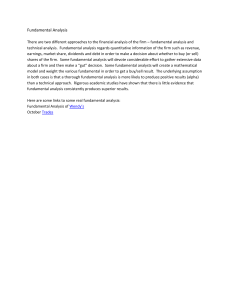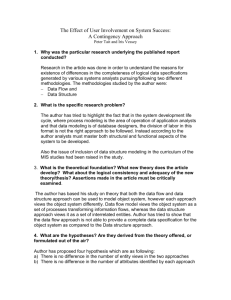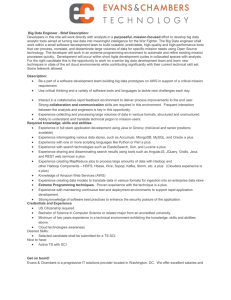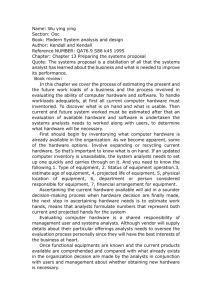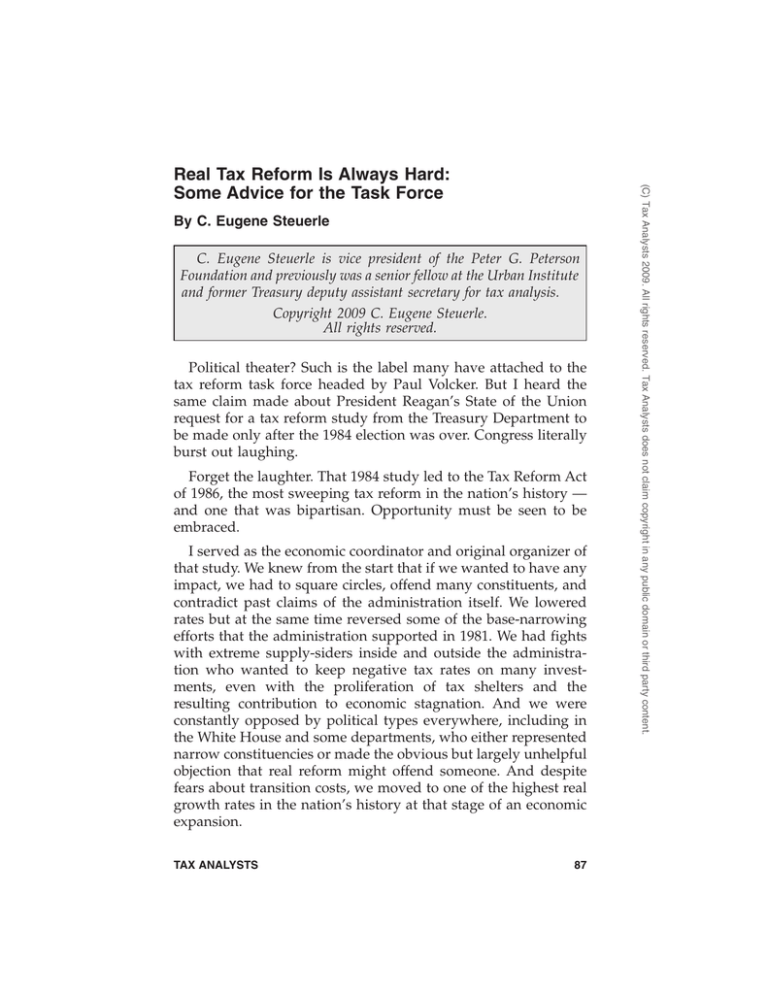
By C. Eugene Steuerle
C. Eugene Steuerle is vice president of the Peter G. Peterson
Foundation and previously was a senior fellow at the Urban Institute
and former Treasury deputy assistant secretary for tax analysis.
Copyright 2009 C. Eugene Steuerle.
All rights reserved.
Political theater? Such is the label many have attached to the
tax reform task force headed by Paul Volcker. But I heard the
same claim made about President Reagan’s State of the Union
request for a tax reform study from the Treasury Department to
be made only after the 1984 election was over. Congress literally
burst out laughing.
Forget the laughter. That 1984 study led to the Tax Reform Act
of 1986, the most sweeping tax reform in the nation’s history —
and one that was bipartisan. Opportunity must be seen to be
embraced.
I served as the economic coordinator and original organizer of
that study. We knew from the start that if we wanted to have any
impact, we had to square circles, offend many constituents, and
contradict past claims of the administration itself. We lowered
rates but at the same time reversed some of the base-narrowing
efforts that the administration supported in 1981. We had fights
with extreme supply-siders inside and outside the administration who wanted to keep negative tax rates on many investments, even with the proliferation of tax shelters and the
resulting contribution to economic stagnation. And we were
constantly opposed by political types everywhere, including in
the White House and some departments, who either represented
narrow constituencies or made the obvious but largely unhelpful
objection that real reform might offend someone. And despite
fears about transition costs, we moved to one of the highest real
growth rates in the nation’s history at that stage of an economic
expansion.
TAX ANALYSTS
87
(C) Tax Analysts 2009. All rights reserved. Tax Analysts does not claim copyright in any public domain or third party content.
Real Tax Reform Is Always Hard:
Some Advice for the Task Force
STEUERLE
TOWARD TAX REFORM
88
TAX ANALYSTS
(C) Tax Analysts 2009. All rights reserved. Tax Analysts does not claim copyright in any public domain or third party content.
Why should you or anyone else expect fewer complications
this time? The success of your task force will depend on your
determination as task force members. The more constraints you
accept on doing what you believe to be beneficial to the public,
the more you tie your study up in incomplete and contradictory
recommendations. As just one example, if you want to move
higher education tax benefits into a simplified structure, either as
a direct spending item or as a single tax expenditure item, you
either will have to accept creating losers with income under
$250,000 or forgo simplification. Either decision could be interpreted as a violation of your mandate. You can’t get around it.
The only way to avoid creating losers (especially if we honestly
recognize deficits as creating losers) is to maintain the status quo
in all its ‘‘glory.’’
Therefore, the most important decisions the task force will
make concern process. Here are my suggestions to you, the task
force members, on how to proceed yet remain faithful to President Obama’s mandate — just as the 1984 Treasury study was
faithful to Reagan’s mandate, leading to great success.
■ Make sure you get complete buy-in from Treasury to provide suggestions and estimates without political interference as to what you can cover or can’t cover. This will take
an upfront commitment, probably from the Treasury secretary and Obama.
■ Do not — I repeat, do not — start with a list of items you do
and don’t like. Go to trusted experts — including Treasury
tax staff — for a long and detailed list of possibilities.
■ Gather almost every legitimate base-broadening proposal
and simplification that can be found, ignoring for now what
income classes those affect. For instance, removing all home
mortgage interest deductions will discriminate against borrowers and in favor of older equity owners, for reasons I will
not delve into here. But that may mean preferring limitations or partial conversion to repeal. That’s only one set of
complicated nuances on hundreds of items that you should
be addressing. This step will be extremely difficult, so don’t
delay.
■ Recognize that some reforms cannot mutually advance all
goals. For instance, some reforms to promote fairness are not
TOWARD TAX REFORM
STEUERLE
■
Add a discussion of how much revenue a VAT would raise.
Again, you don’t have to favor it.
■
Add a discussion of how government could raise Social
Security revenues, including base broadening, tax rate
changes, and more years of work. Higher labor force participation is one of the most important revenue options that
doesn’t require lifetime benefit reductions or tax rate increases.
■
In light of the financial crisis, include a separate discussion
of how to remove some of the tax favoritism of debt
financing over other forms of intermediation.
■
Go back over the options you developed in the previous step
and reject those you consider bad policy, but at this stage
make your decision based only on economic, social, and
administrative grounds.
■
Ask Treasury to come as close as possible to providing draft
language on each of the remaining options. That was one of
our crucial steps in the 1984 Treasury study. Unlike with past
reform studies, we had a volume 2, which included a how-to
manual.
■
Develop several rate reduction packages that return to the
public various portions of the net revenue raised through
other reform. Since the president asked for it, include among
your packages one that will leave neutral those income
classes (but not everyone in those classes) with income
under $250,000.
After this 10-step procedure, make your recommendations to
the president. Everything before this is designed to get you the
best answers possible before considering the politics. It’s also
designed to protect you from the early attacks of the lobbyists,
who don’t want you to think in any expansive way and will
object to some of the steps for just that reason. Save the politics
for last — considering the political aspects is not your primary
job.
TAX ANALYSTS
89
(C) Tax Analysts 2009. All rights reserved. Tax Analysts does not claim copyright in any public domain or third party content.
simple. Also, simplification refers as much to simplifying tax
planning as to the number of lines on tax forms.
STEUERLE
TOWARD TAX REFORM
90
TAX ANALYSTS
(C) Tax Analysts 2009. All rights reserved. Tax Analysts does not claim copyright in any public domain or third party content.
My guess is that in 2010 or 2011, fiscal and deficit issues will
dominate Congress. Be sure that your report contains information relevant to that debate. You owe it not only to the public, but
to your personal reputation, to be relevant.
Remember, you’ve got one great thing going for you: The
complaints you’ll receive will be nothing compared with what
your chair, Paul Volcker, took on when he led the Federal Reserve
in getting inflation under control in another period with severe
economic problems.

